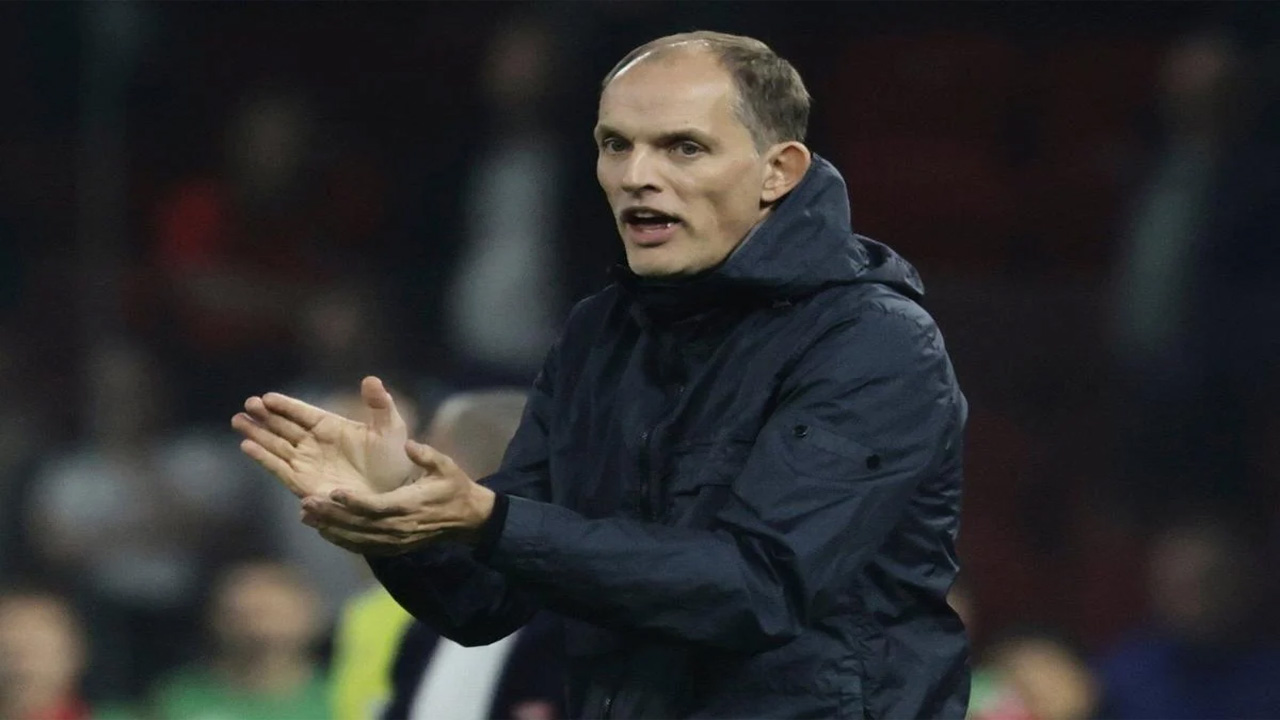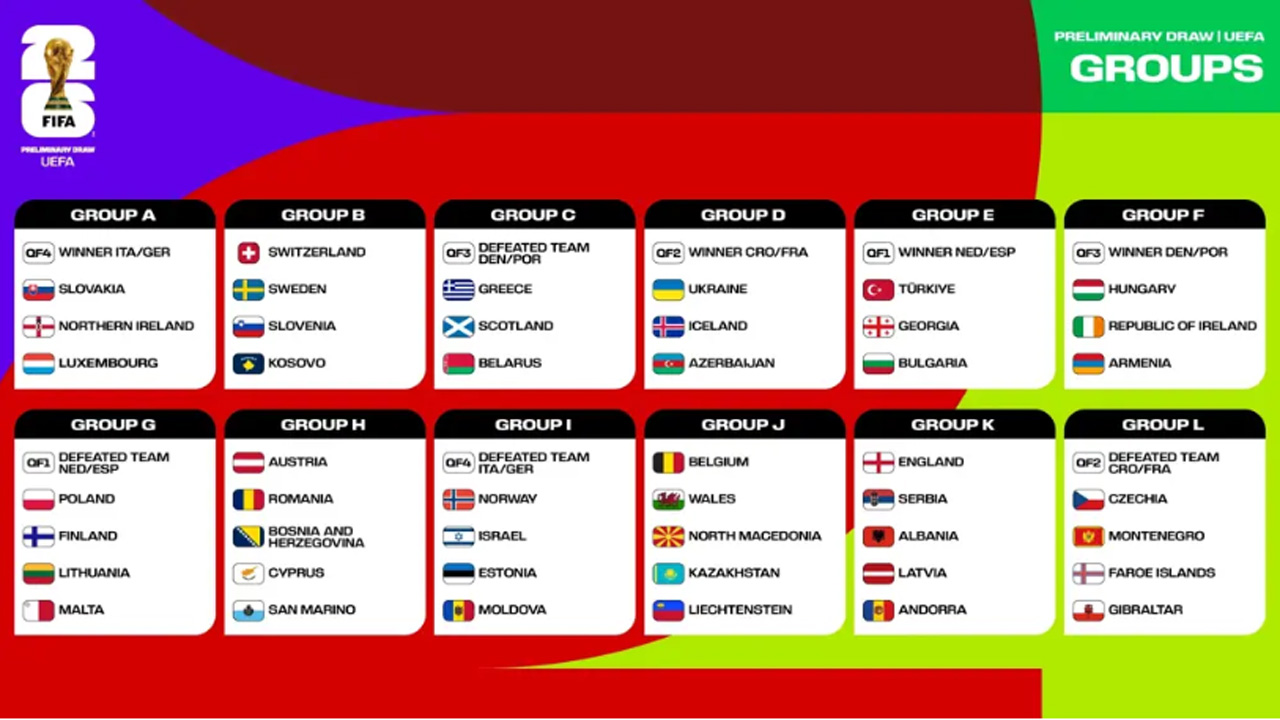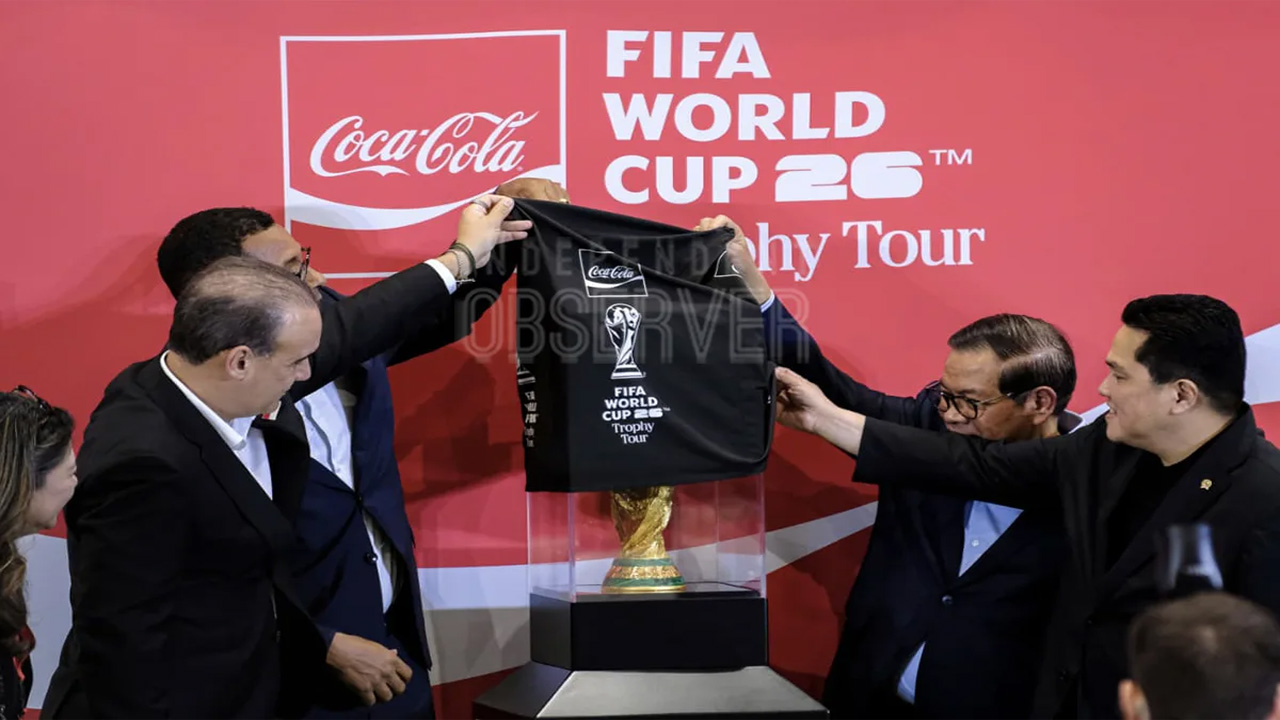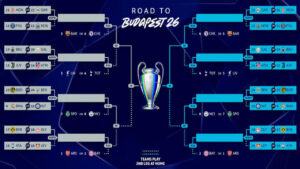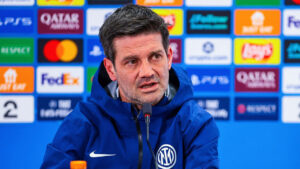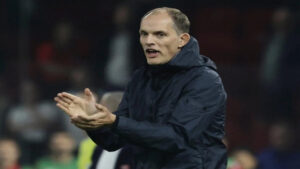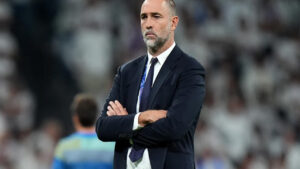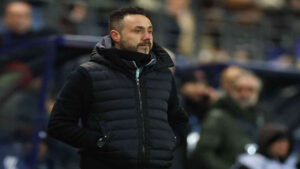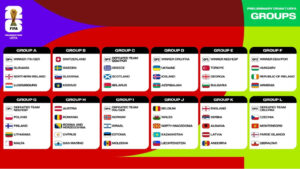Italy Faces Dilemma Ahead of 2026 World Cup Qualifier Against Israel
Bornheimer – The Italian national team finds itself at the center of a storm ahead of the 2026 World Cup qualifiers. Calls for a boycott of their upcoming match against Israel have intensified following widespread strikes and protests across Italy. These demonstrations are linked to public outrage over the humanitarian crisis in Gaza. As emotions run high, the pressure on the team and the federation has grown significantly, forcing football authorities to address a situation that straddles politics and sport.
“Read also: Mbappe Cannot Stop Scoring Goals“
Gravina Issues a Stern Warning
In response to the boycott movement, Gabriele Gravina, President of the Italian Football Federation (FIGC), delivered a clear and uncompromising message. Speaking at the Premio Prisco event, he warned that such a decision would be a monumental mistake. According to Gravina, forfeiting the match would not only strip Italy of vital points but also hand a strategic advantage to Israel in the qualifying race. His words underscored the delicate balance between moral expression and sporting obligations.
“A Terrible Mistake” for Italian Football
Gravina did not mince words when describing the possible consequences of a boycott. He labeled it a “terrible mistake” that could jeopardize Italy’s World Cup ambitions. If the Azzurri were penalized with a default loss, they would lose their chance to qualify, a scenario that would devastate both players and supporters. Beyond the standings, Gravina highlighted how such a move would undermine the integrity of the competition and weaken Italy’s reputation on the global football stage.
Separating Politics from Sport
Central to Gravina’s argument was the belief that football cannot shoulder the burden of political responsibility. While acknowledging the severity of the humanitarian crisis, he stressed that the FIGC’s role is limited to sports governance, not geopolitical decision-making. He pointed out that UEFA, through its humanitarian foundation, had already launched initiatives to support children affected by conflict. This distinction between political duty and sporting responsibility reflects Gravina’s attempt to shield football from becoming a political pawn.
A Human Response Amid Crisis
Despite his firm stance, Gravina did not hide his personal emotions. He admitted feeling anger and pain over the daily images of suffering in Gaza, emotions that resonate with millions worldwide. His comments revealed a human side often absent in administrative statements, showing that while he insists on keeping football separate from politics, he is not indifferent to the tragedy unfolding. This nuance added depth to his message, bridging the gap between empathy and pragmatism.
“Read more: Ousmane Dembele Wins Ballon d’Or 2025 but Critics Say He Lacks Charisma“
The Fragile Position in Group I
From a purely sporting perspective, Gravina’s warning carries significant weight. Italy currently sits in second place in Group I, level on points with Israel. Any sanction resulting in a lost match could deal a crushing blow to their qualification hopes. In such a tight group, every point matters, and handing three points to a direct rival would be nothing short of disastrous. For a team with Italy’s history and ambitions, failing to qualify for another World Cup would be an unthinkable setback.
Support and Criticism from the Public
Reactions to Gravina’s statements have been mixed. Some supporters argue that football should remain neutral and focused on the sport, while others believe that taking a moral stand outweighs competitive consequences. The debate highlights the ongoing tension between activism and professional sports. Italy, a nation passionate about both football and political discourse, finds itself caught between the desire to protest and the drive to succeed on the pitch.
Balancing Ethics and Ambition
At its heart, the dilemma reflects a broader question: should sport be a platform for political statements, or should it remain insulated from them? Gravina’s comments suggest he favors the latter, prioritizing Italy’s footballing goals. Yet, the situation also shows that football cannot completely escape the influence of global events. As the Azzurri prepare for their crucial qualifier, the nation watches closely, torn between solidarity and ambition. The outcome of this debate could shape not just Italy’s path to the World Cup, but also its image on the world stage.

